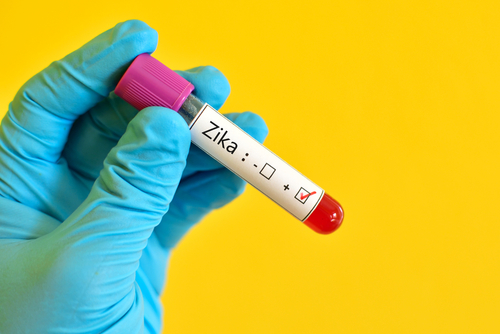
A team of researchers from the National Institutes of Health and other research institutions recently developed a DNA vaccine to combat the spread of Zika virus.
Research teams with the Kansas State University (KSU) Biosecurity Research Institute, the Federal University of Rio de Janeiro, Harvard Medical School, the Frederick National Laboratory for Cancer Research, Bioqual and the Walter Reed Army Institute of Research also assisted in the study.
“This vaccine is a successful advancement in developing control strategies for Zika virus by creating widespread immunity in susceptible populations,” Stephen Higgs, coauthor of the study and director of the Biosecurity Research Institute, said. “One shot of DNA vaccine will offer protection for years at a much lower cost, which is especially beneficial for endemic countries in Latin America and Africa.”
Higgs said that the DNA vaccine is more immunogenic than other vaccines because it creates memory responses, which doesn’t occur in inactivated vaccines with killed viruses. Higgs added that the DNA is safer because it does not use attenuated viruses to produce viral antigens.
“The availability of vaccines for Zika virus is more significant than any specific antiviral treatments,” Dana Vanlandingham, assistant professor of virology at Kansas State University, said. “Vaccination normally generates protective immunity that prevents the disease for years in a population at a relatively low cost; whereas, antiviral therapies can only be treating the diseases at a higher cost rather than offer long-term protection.”
Findings from the study were published in a recent issue of the journal Science.




